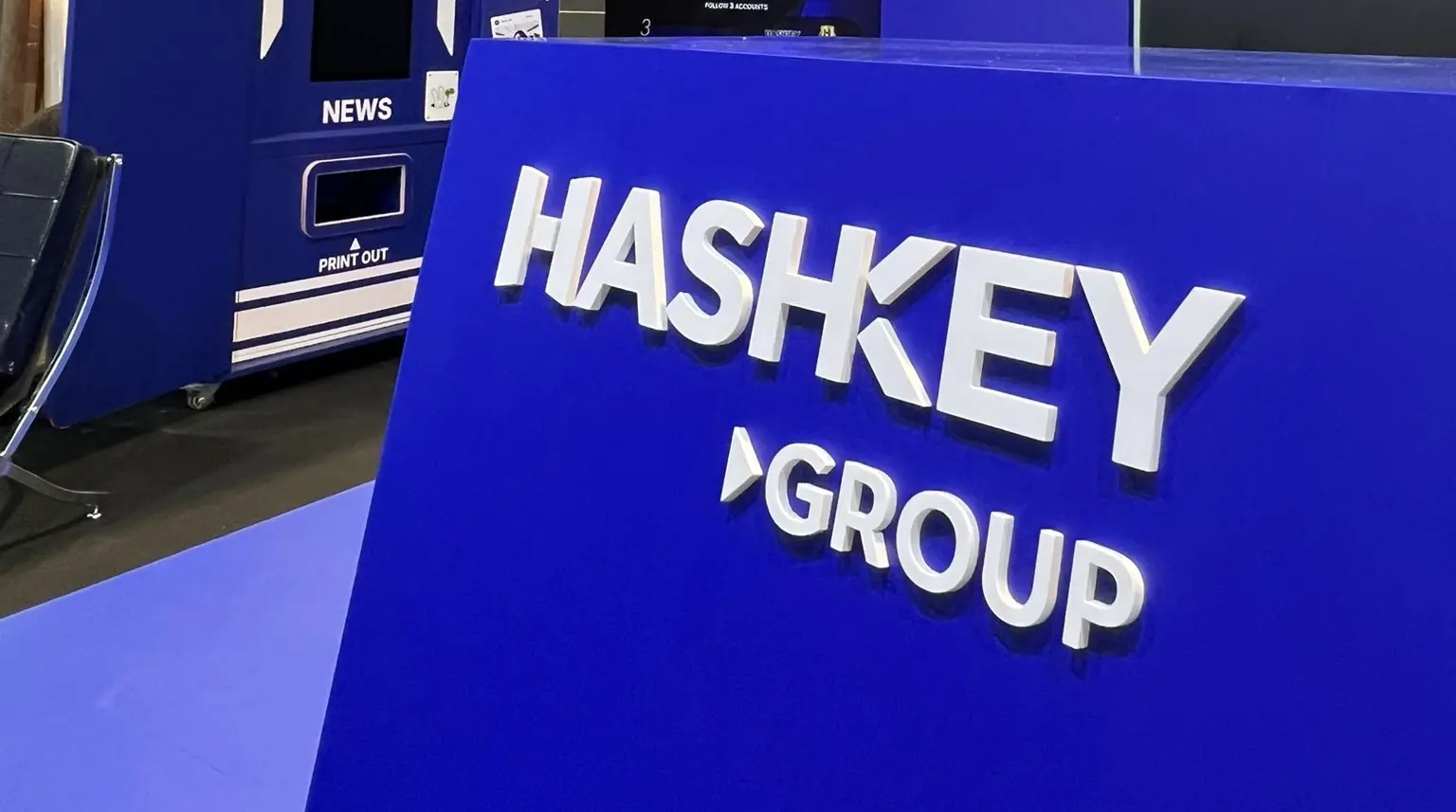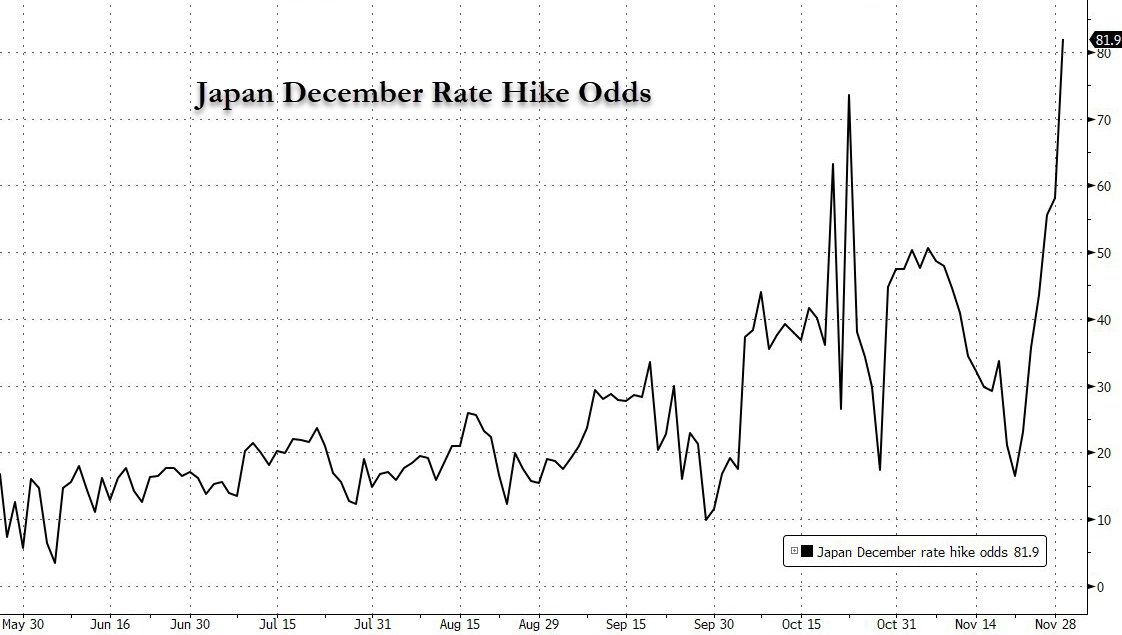Strategic Board Appointments Fuel Ecosystem Growth in Decentralized AI Infrastructure
- Strategic board appointments in decentralized AI infrastructure drive institutional adoption and ecosystem growth, with 40% of firms reevaluating board structures amid AI advancements. - Intellistake's appointment of Alessandro Spanò boosted institutional confidence, while The Crypto Company leveraged Singularity University expertise to enhance AI transparency for enterprise partnerships. - Bittensor's market-driven emission model and NEAR Protocol's Nightshade 2.0 upgrade achieved $300B valuation and 86
The decentralized AI infrastructure sector has emerged as a pivotal frontier in the Web3 landscape, with strategic board appointments playing a catalytic role in driving ecosystem growth. As companies navigate the complexities of AI governance, regulatory compliance, and cross-sector innovation, the expertise of newly appointed board members has directly influenced funding, partnerships, and user adoption metrics.
Board Appointments as Catalysts for Institutional Confidence
In 2025, Intellistake Technologies Corp. appointed Alessandro Spanò to its Advisory Board, leveraging his experience in scaling Web3 ventures and navigating regulatory environments. Spanò’s background in healthcare operations and his role in growing SingularityDAO Labs to a $1.5 billion valuation have positioned Intellistake to attract institutional investors. This move aligns with broader trends: 40% of organizations are reevaluating board compositions in response to AI advancements, while 66% lack in-house AI expertise [1]. By bridging this gap, Intellistake has enhanced its operational framework, enabling institutional adoption of its decentralized AI platform [6].
Similarly, The Crypto Company (TCC) strengthened its commitment to AI and crypto convergence by appointing Rob Nail, former CEO of Singularity University, and Edge of Company as strategic advisors. Nail emphasized blockchain’s role in providing transparency for AI systems, a critical factor in attracting partnerships with enterprises seeking trustless infrastructure [2]. TCC’s governance strategy reflects a broader industry shift: boards are increasingly prioritizing cross-sector leadership to align AI initiatives with business objectives while mitigating risks [5].
Ecosystem Growth Metrics: Funding, Partnerships, and User Adoption
The impact of these appointments is evident in quantifiable ecosystem growth. Bittensor (TAO), for instance, introduced a market-driven emission model in Q3 2025, resulting in 63+ active subnets and institutional adoption by Nasdaq-listed entities [1]. TAO Synergies Inc. (TAOX) further accelerated this trend by acquiring 42,111 TAO tokens as part of a $10 million treasury strategy, mirroring MicroStrategy’s Bitcoin playbook [2]. This institutional validation has driven Bittensor’s valuation to $300 billion, with $40 billion in funding secured in early 2025 [1].
NEAR Protocol’s Nightshade 2.0 upgrade, aimed at achieving 10,000 TPS, has also spurred growth. The protocol’s partnership with DWF Labs, including a $20 million AI Agent Fund, has supported 1 million transactions per second (TPS) ambitions and attracted 4.5 million daily active wallets to AI-powered decentralized applications (DApps) [2]. These metrics highlight a 86% surge in AI DApp engagement since January 2025, with 19% market share captured [5].
Correlations Between Governance and Innovation
Dominari Holdings’ Crypto Advisory Board, featuring Sonny Singh and Tristan Chaudhry, has facilitated strategic acquisitions and partnerships in the crypto space. Singh’s expertise in crypto education and Chaudhry’s DeFi background have enabled Dominari to explore hybrid ecosystems that combine blockchain with traditional industries [4]. This approach mirrors global AI infrastructure market trends, projected to grow at a 26.6% CAGR through 2034 [6].
Nebius Group’s governance-focused appointments, including Arne Grimme and Matthew Weigand, underscore the importance of institutional-grade execution. While these hires do not immediately signal short-term catalysts, they align with the company’s long-term AI infrastructure expansion, emphasizing corporate structure and regulatory readiness [3].
Conclusion
The decentralized AI infrastructure sector is witnessing a paradigm shift, driven by strategic board appointments that bridge governance gaps and accelerate innovation. From institutional adoption of market-driven emission models to AI DApp user growth, the correlation between board expertise and ecosystem metrics is undeniable. As boards continue to prioritize AI literacy and cross-sector collaboration, the sector is poised for exponential growth, making it a compelling investment thesis for 2025 and beyond.
Source:
[1] AI-Driven Cryptocurrencies: Unlocking 10x Growth in 2025 Through Strategic Entry Points and Ecosystem Fundamentals
[2] TAO Synergies' Strategic Move: Accelerating Institutional Adoption of AI-Driven Blockchain Infrastructure
[3] New Board Appointments at Nebius Group Highlight Governance Focus Amidst AI Infrastructure Expansion
[4] Dominari Holdings Forms Crypto Advisory Board to Support Strategic Expansion
[5] AI crypto apps see explosive user growth in 2025
[6] AI Infrastructure Market Statistics: Size, Growth, & Trends
Disclaimer: The content of this article solely reflects the author's opinion and does not represent the platform in any capacity. This article is not intended to serve as a reference for making investment decisions.
You may also like
HashKey prospectus in detail: 1.5 billion HKD loss over three years, 43% equity controlled by Wanxiang Chairman Lu Weiding
Despite HashKey's significant total revenue growth over the past two years, with rapid expansion in trading volume and client base, the underlying financial pressure remains evident: ongoing losses, long-term negative operating cash flow, and consistently high net debt all contribute to continued uncertainty regarding its financial resilience ahead of its IPO.

A Good Opportunity to Buy the Dip? In-depth Analysis of “Real Yield” DeFi Tokens
The market has indeed offered better entry points, but the narrative of "real yield" needs to be carefully scrutinized.


